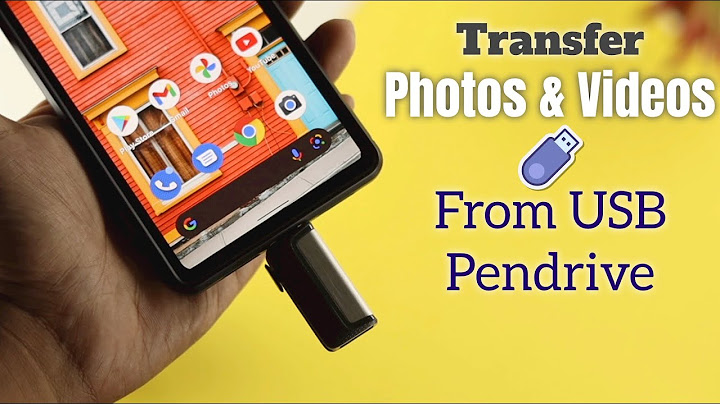Online payments and wire transfers are fast, easy ways to send money to individuals and businesses. However, because these types of payments are immediate – and typically irreversible – they are also frequently used in fraud schemes. Show
To help protect yourself from online payment scams and wire transfer fraud, here's what to look for: Scam #1: Online payment scamsWells Fargo offers Zelle® as a convenient way to send and receive money from friends, family and other people you know and trust. You can send money to almost anyone with an eligible U.S.-based bank account using their email address or U.S. mobile phone number. Important: Wells Fargo will not ask you to send a Zelle® payment to yourself, your bank (including Wells Fargo), or anyone else. Wells Fargo will never ask for your login, password, one-time access codes, or authentication information. If someone claiming to be from Wells Fargo asks for this information, do not respond. Scammers may even appear that they are calling from a Wells Fargo number. When in doubt, call us immediately. We recommend you only send money to known and trusted recipients when using Zelle®. Zelle® is similar to using cash in that you cannot cancel the payment if your recipient has already enrolled. Neither Wells Fargo nor Zelle® offers a protection program for any authorized payments made with Zelle® – for example, if you do not receive the item you paid for, or the item is not as described or as you expected, you will likely lose your money. Scam #2: Real estate wire scamsReal estate wire scams occur when a person who is buying or refinancing a home wires money to a scammer's account based on false wiring instructions received in an email. To help avoid this scam:
Scam #3: Tech support scamsTech support scams happen when someone contacts you claiming to be from a well-known technology company and requests remote access to your computer. Sometimes the caller says they have identified a problem and offers to fix your computer for a fee. If you give them access, they may install malicious software to steal your personal or financial information. Other times, the scammer offers a "refund" for a discontinued service or an accidental overcharge. If you give them access to your online banking, they will make it appear as if they're sending you a refund, but they're actually transferring money from your own accounts. Often, the refund is for much more than promised (e.g., $40,000 instead of $400), so the scammer makes a plea for you to send the extra money back so they don't lose their job. They may ask you to wire money to a foreign country, purchase gift cards, or mail cash. To help avoid this scam:
Scam #4: Online shopping scamsOnline shopping scams can be difficult to spot because scammers often create realistic websites and social media ads with great deals, fake assurances, and bogus warranties for their products. Typically, the scammer requests payment through a mobile payment app or wire transfer because they are usually irreversible. If you use a payment app or wire money to the scammer, you'll never receive the product and likely not get your money back. To help avoid this scam:
Learn more about online shopping scams. More financial scams to watch out for:
If you're a victim of a wire transfer or an online payment scam, report it to your bank immediately. You can also report the scam to the Federal Trade Commission at ReportFraud.ftc.gov. Learn more about scam and fraud prevention at the Wells Fargo Security Center. TipKeep security patches and anti-virus programs up to date on your computer and mobile devices. Empower yourself with financial knowledgeWe’re committed to helping with your financial success. Here you’ll find a wide range of helpful information, interactive tools, practical strategies, and more — all designed to help you increase your financial literacy and reach your financial goals. My Financial Guide Can wire transfers be reversed?With a range of players involved, it's not always easy to reverse one. A wire transfer can only be cancelled if the receiving bank gets notice from the sending bank before it processes and completes the transfer. Unfortunately, this is rare with domestic transfers, as they can sometimes be processed within minutes.
Can I get my money back if I transferred to the wrong account?What if I transfer money to the wrong account? If you have made a mistaken internet payment, you need to contact your bank or credit union immediately. Your bank or credit union will then contact the unintended recipient's bank to try and get the money back.
Will a wire transfer go through if the name is wrong?If the beneficiary name is accurate and account number is wrong, it'll go to a miscellaneous account. The right Swift code will land your money in the right bank but when beneficiary details don't match, they can reverse the transaction or contact the beneficiary/ remitter for correction.
|

Related Posts
Advertising
LATEST NEWS
Advertising
Populer
Advertising
About

Copyright © 2024 chuyencu Inc.


















